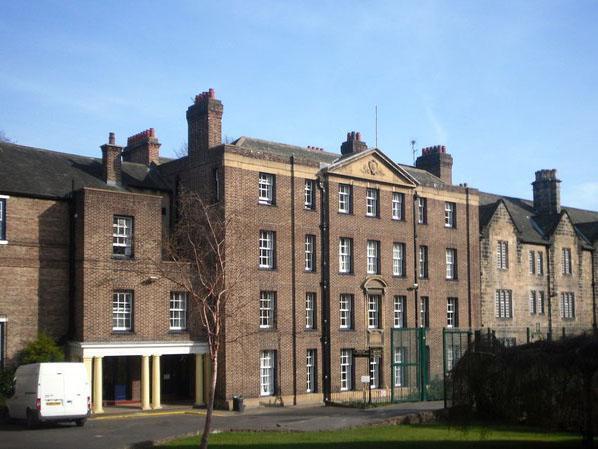Elite universities improve teaching scores after requesting to be judged again in government rankings
'Truly excellent teaching and the transformational effect of education cannot be captured in blunt measurements'

Some of the UK’s most prestigious universities have improved their scores for teaching standards after they requested to be judged again in official rankings.
Four Russell Group institutions – the most selective in the UK - have seen a boost to their ratings in the Teaching Excellence Framework (TEF) after they resubmitted applications.
It comes after more than half of the group of universities (13 out of 21) were not given a gold rating last year. Three were given a bronze award, which is the lowest rating for teaching.
But after reapplying this year, both Durham and York were given a gold award after previously being rated silver and Liverpool and Southampton saw their awards rise from bronze to silver.
The TEF ratings were awarded for the first time last summer and are valid for three years. But universities and colleges can choose to reapply to the process each year.
The London School of Economics and Political Science (LSE) was the only Russell Group university to maintain its bronze rating after it chose not to resubmit to the TEF.
A spokesperson for university said a resubmission "would not have fully captured the benefits of the activity taking place at the school."
They added: “LSE is wholly committed to improving teaching and the student experience. It is our top priority.”
Of 40 institutions that were reassessed and given awards this year – the second year of the rankings - half of them (20) saw their rating go up, two went down and the rest stayed the same.
Last year, the Russell Group warned that developing a “robust” TEF would take time, adding that the framework did not measure “absolute quality”.
Amatey Doku, National Union of Students (NUS) vice president for higher education, said: “NUS maintains significant concerns that this exercise does not recognise excellent teaching, rather excellent performance on a series of metrics - including things such as how much an institutions’ graduates earn, which is clearly unconnected to their experiences in the classroom.
“Truly excellent teaching and the transformational effect of education cannot be captured in blunt measurements."
The TEF was introduced by the last government in a bid to gain more evidence about teaching and learning in UK universities, with proposals to link quality to tuition fee increases.
Universities that choose to enter are assessed on a range of measures - including student satisfaction, drop-out rates and whether students go on to employment after graduating.
In total 296 universities and colleges now hold a TEF award – and of these, 73 are rated gold, 134 silver, 62 bronze and 27 have a provisional rating.
Professor Chris Husbands, chair of the TEF assessment panel and vice-chancellor of Sheffield Hallam University, said: “The Teaching Excellence Framework looks further than the already rigorous standards for higher education. Now in its second year of awards, the TEF continues to shine a light on excellence, which the assessment panel has again found in higher education providers of all types."
Join our commenting forum
Join thought-provoking conversations, follow other Independent readers and see their replies
Comments
Bookmark popover
Removed from bookmarks